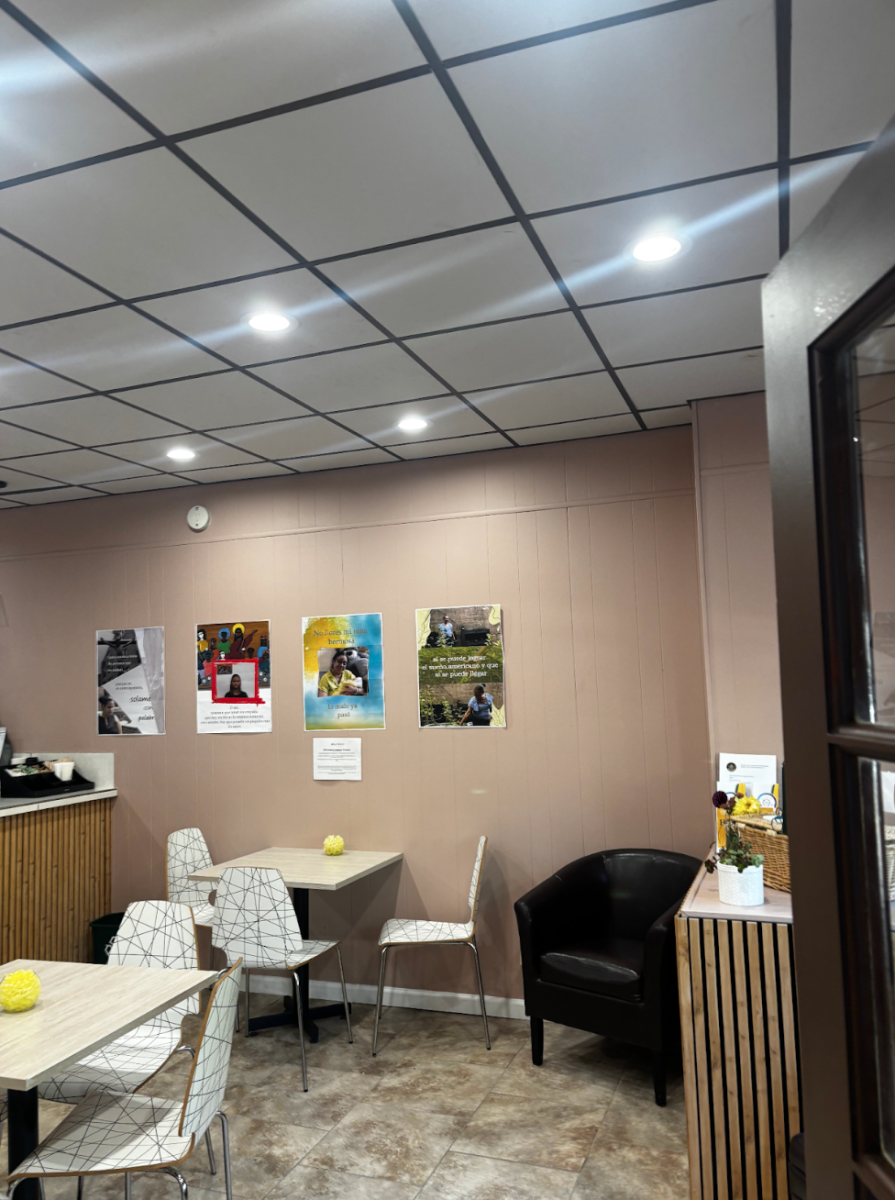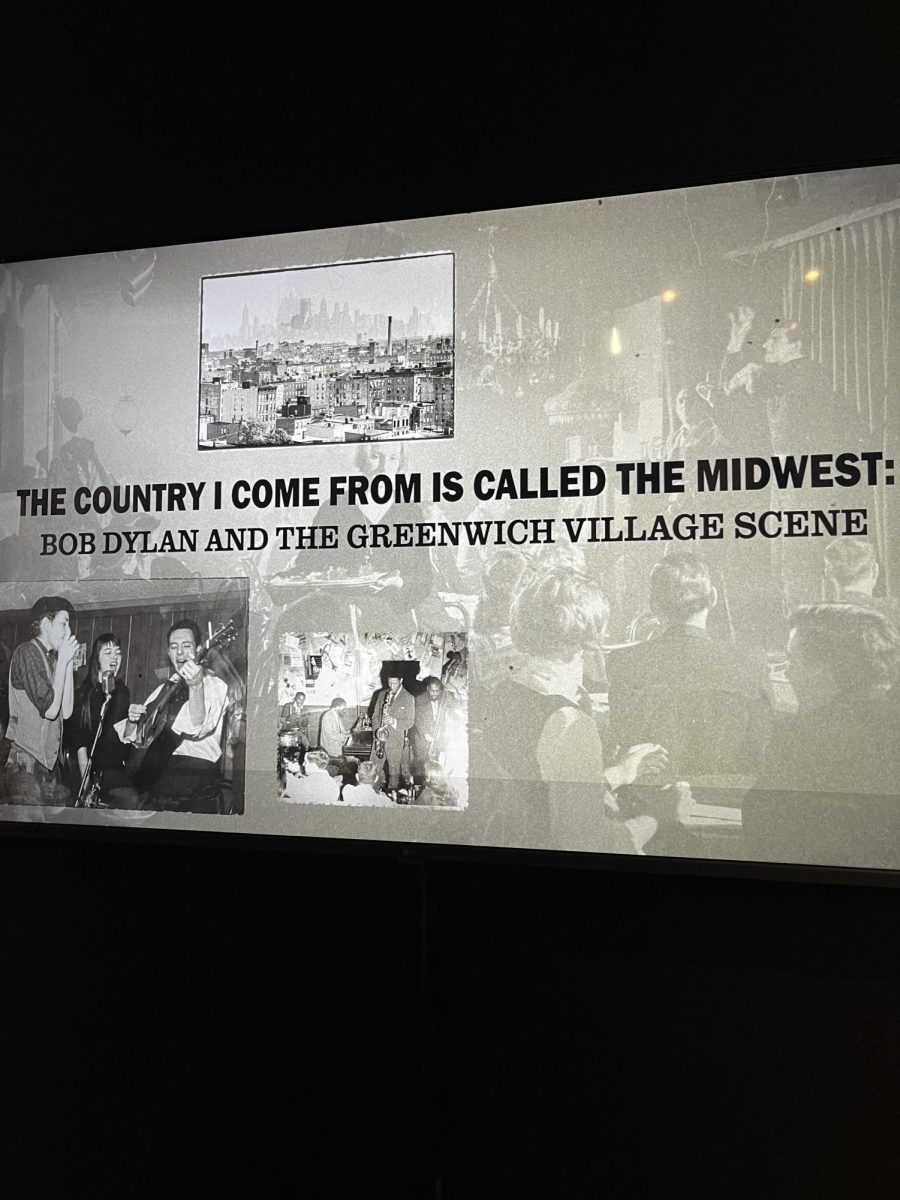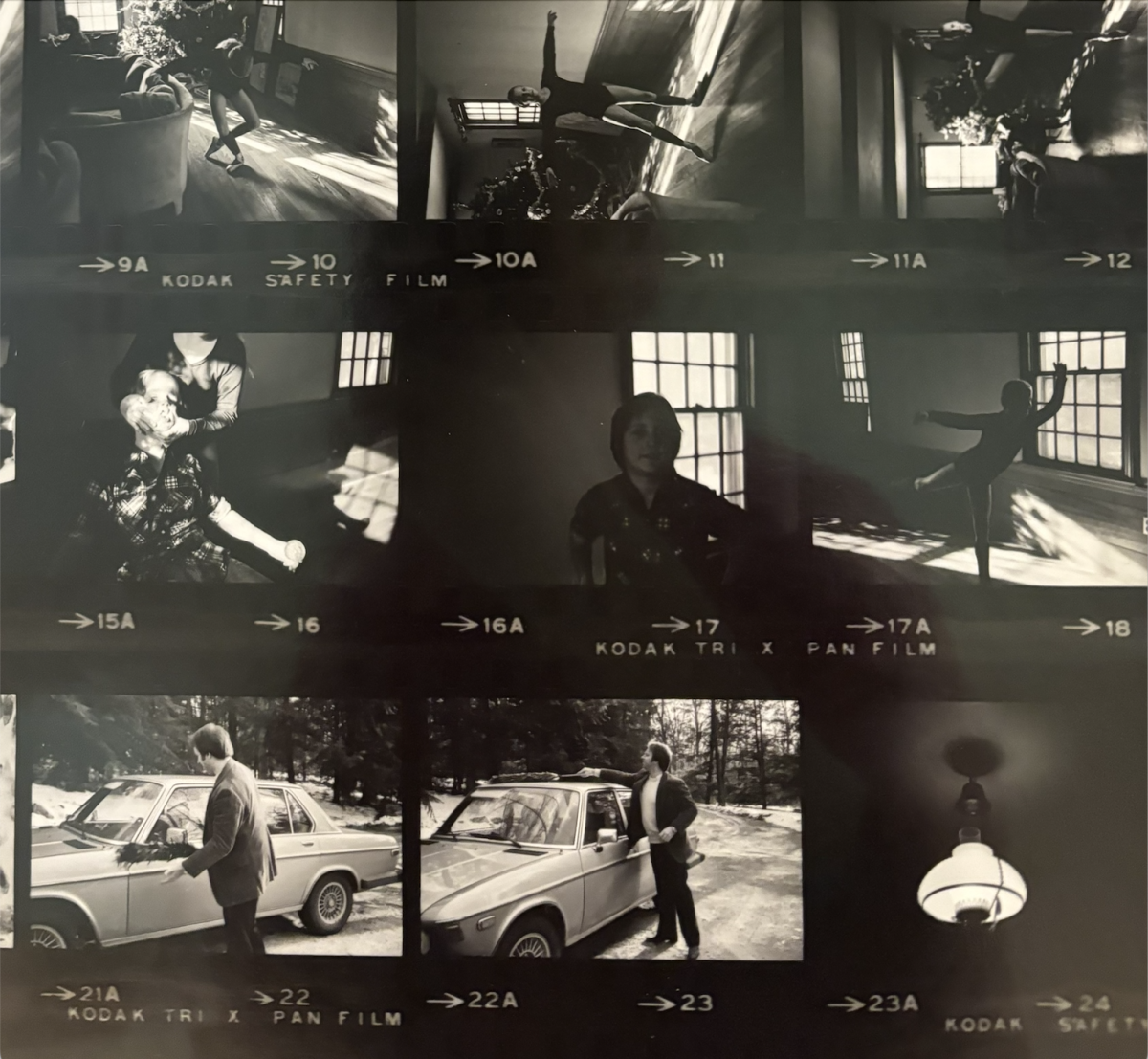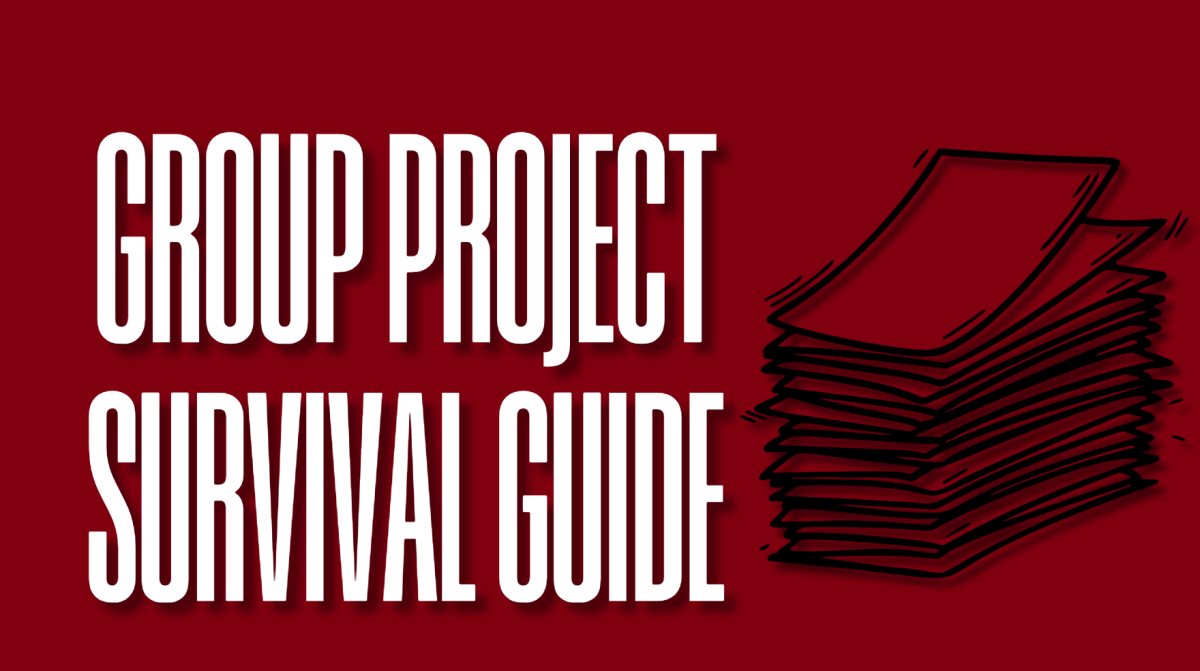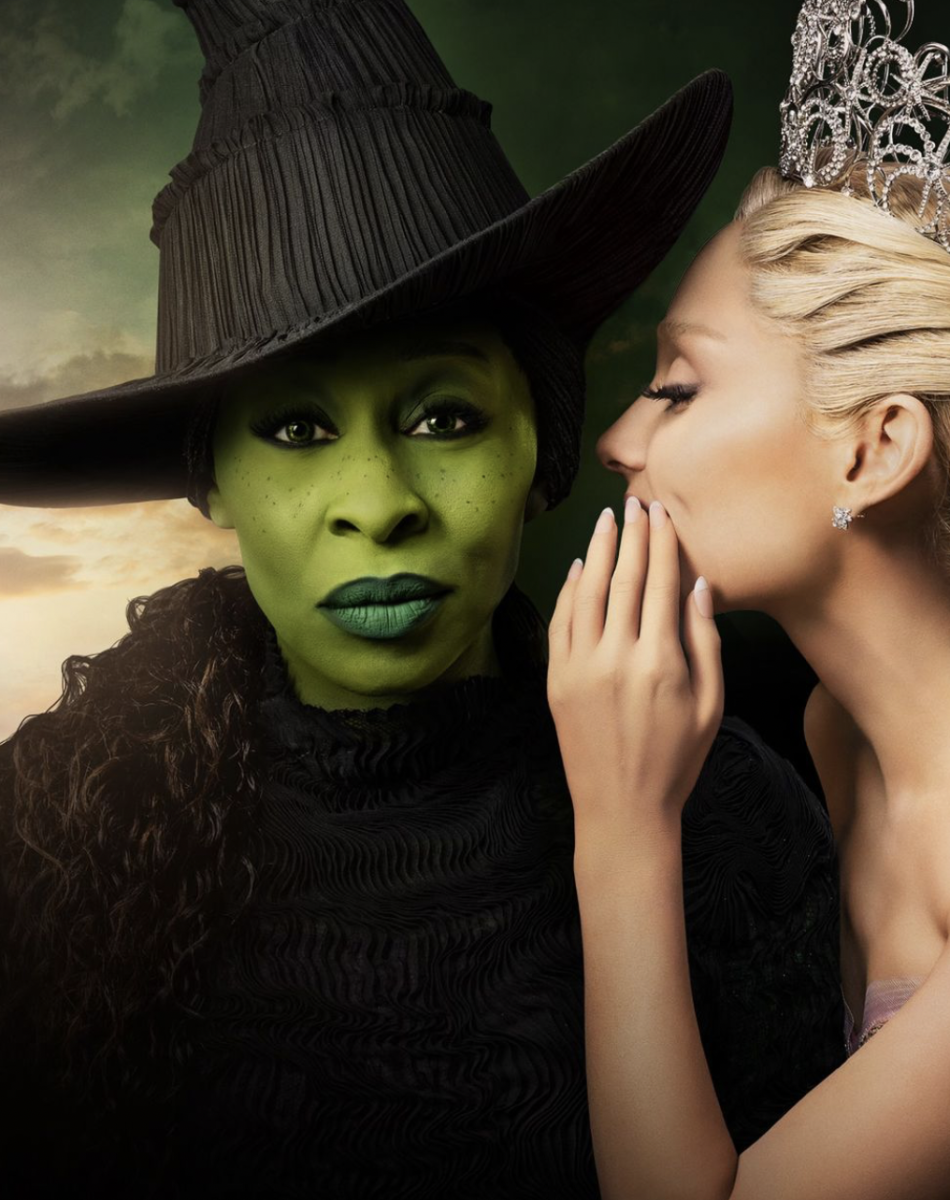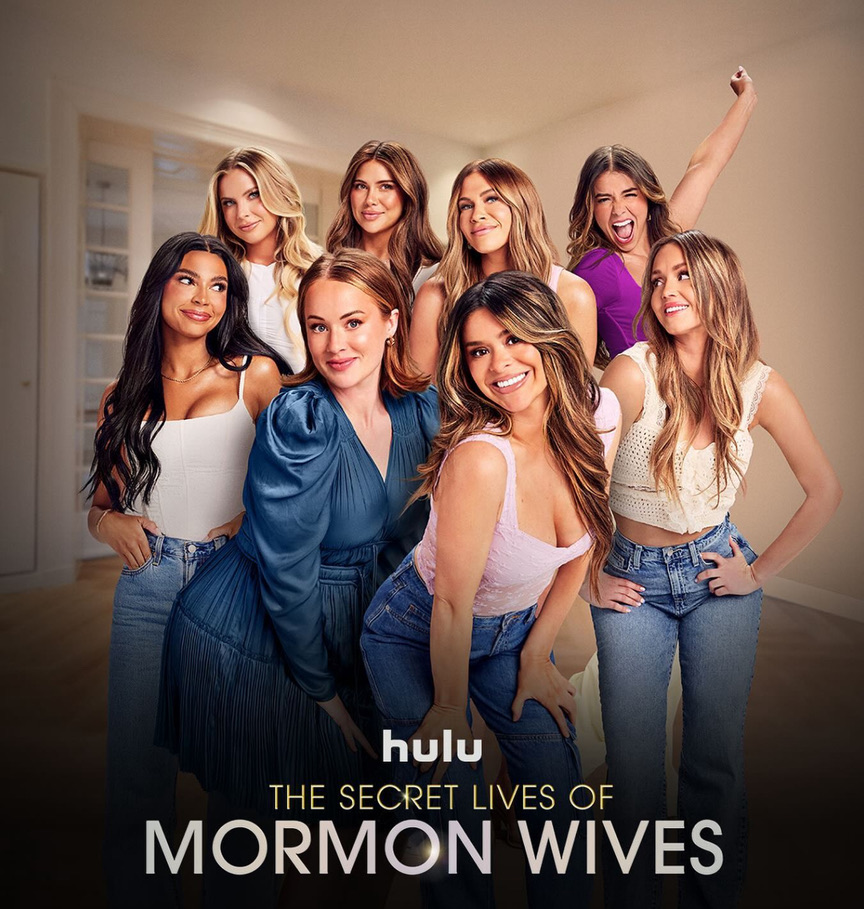We have long become accustomed to accessing information at our fingertips. But before the invention of the Internet, if you were planning a trip, a night out or deciding what movie to watch and wanted to get an idea of what to expect, you would have to ask around in person. Today, all you have to do is type in the name of a business, product or service and you will get thousands of results about people’s experiences and opinions. Apps such as Yelp, Letterboxd and Goodreads have allowed people to get an idea of a place or thing without ever having to experience it themselves. Although this can be extremely beneficial, it also comes with a risk.
In the age of convenience, review apps help the reader save both time and money. They allow someone else to do all the hard work of judging for you. Based on the amount of positive or negative reviews and what people have to say about it, you can determine if you think you’d enjoy something before having to commit. Review apps are also beneficial if you utilize them for your personal endeavors. Many people use apps like Yelp and Letterboxd to keep track of how they feel about businesses, products and services; this is not necessarily to inform others, but to look back upon when it comes time to decide where to go and what to see again. Letterboxd has a multitude of functions to keep track of your favorite movies or organize them into certain categories. Perhaps you may have eaten at a specific restaurant before but cannot remember the experience you had there; looking over your own review and rating would allow you to decide if you think it will be worth it to experience it again.
Relying on the thoughts and opinions of strangers can provide insight on what you may encounter, but not without consequence. Typically, when you had to ask around in person for feedback, you’d ask someone you know and presumably trust. With review apps, you rely on the feedback from thousands of strangers. And while if the majority agree it can give you a decent idea on what you can expect, these strangers may not have the same conditions as you for a negative or positive experience. A person’s enjoyment of their dining experience may depend on who is making the food and what atmosphere is being offered. When looking at reviews, you need to consider that people have differing opinions and standards than you. When you ask a friend their thoughts on the latest movie and if you should go see it, you would generally trust them because you know if they have similar tastes to you, and they probably also have an understanding of what you would enjoy. Strangers may not have that mutual understanding.
There are a multitude of instances where the majority hate or love something but the individual may feel the opposite. Take Rotten Tomatoes, for example. On the platform, it compares critic scores to that of audiences and although they are usually similar, there are some films that have a huge divide. For example, “The Super Mario Bros. Movie” has a 36% point divide between critics and audience scores, with the critics giving it a 59% score and audiences giving it a 95% score. People disagree about so much, so all you can do is experience something for yourself and develop your own opinion of it.
Although, when offering reviews you would expect people to be honest about their experience, this is not always the case. A term known as “review bombing” is a recent Internet phenomenon where a large amount of negative reviews are posted online in an attempt to harm a business or product, by affecting its sales or popularity. Some great examples of this are “Black Panther,” “Captain Marvel,” “Star Wars: The Last Jedi,” “Eternals” and the live action of “The Little Mermaid.” None of these are awful movies, and the review bombing tends to occur before the films initial release, meaning these negative reviews stem from people who have not even seen them yet. This can occur for a variety of reasons but in the case of some of these films it had to do with the inclusion of different races, genders and sexualities in pre-established franchises. However, this phenomenon is not exclusive to films, with many restaurants facing review bombing during COVID-19 from those who had a problem with the enforcement of mask and vaccine mandates. Even if a business, service or product has loads of negative reviews it may not even be based on the quality of the experience at all. We also often see people, known online as “Karens,” who feel entitled to certain products or services that a business may not even offer and thus threaten to leave harmful, negative reviews.
There is a review service for just about everything you can think of, from the aforementioned food and entertainment to tech gadgets, doctors and travel. But make sure to take any review with a grain of salt, as people have differing thoughts and opinions, and too often we see examples of dishonest reviews for personal agendas. Instead of solely relying on review apps for the perspective of others, utilize them for your own interests. Keep track and leave reviews for businesses, services and products so you can remember your own experience and know what to expect if you decide to revisit them.




































































































































































































